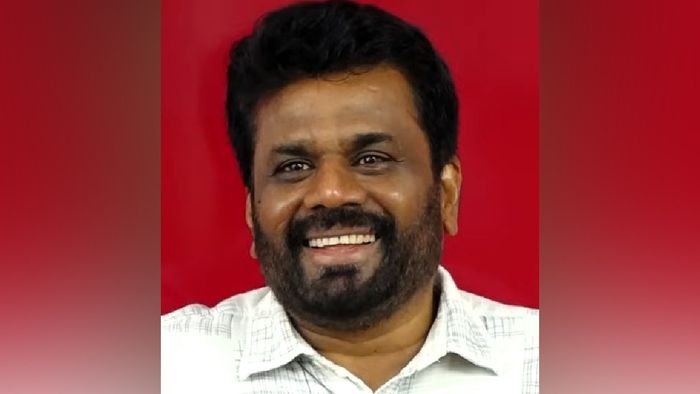Sri Lanka president's NPP party wins majority in general polls
Sri Lankan President Dissanayake's party wins majority, boosting his legislative power. Focus shifts to poverty and corruption reforms.

- Nov 15, 2024,
- Updated Nov 15, 2024, 2:21 PM IST
Sri Lankan President Anura Kumara Dissanayake's National People's Power (NPP) party emerged victorious in the snap general election, strengthening the mandate of its new left-wing president.
The win grants Dissanayake greater legislative authority to implement policies aimed at alleviating poverty and combating corruption as the nation seeks to recover from a severe financial crisis.
Dissanayake, a political outsider in a country long dominated by family-led parties, secured a decisive victory in the presidential election in September. However, his Marxist-leaning coalition, the National People’s Power (NPP), held only three of the 225 seats in parliament prior to Thursday's election. This prompted him to dissolve the existing legislature and call for a fresh mandate.
The NPP won 107 seats, receiving almost 62 per cent or 6.8 million votes in Thursday’s election, putting them past the majority mark in the parliament, latest results on the Election Commission of Sri Lanka’s website showed. A two-third majority appeared within reach of the coalition.
Voters directly elect 196 members to parliament from 22 constituencies under a proportional representation system. The remaining 29 seats will be allocated according to the island-wide proportional vote obtained by each party.
“We see this as a critical turning point for Sri Lanka. We expect a mandate to form a strong parliament, and we are confident the people will give us this mandate,” Dissanayake said after casting his vote on Thursday.
“There is a change in Sri Lanka’s political culture that started in September, which must continue.”
Celebrations were largely muted, with the exception of a few NPP loyalists who lit fireworks in the outskirts of the capital, Colombo.
Just over 17 million Sri Lankans were eligible to elect lawmakers for a five-year term. A record 690 political parties and independent groups were contesting across 22 electoral districts.
Samagi Jana Balawegaya party of opposition leader Sajith Premadasa, the main challenger to Dissanayake’s coalition, won 28 seats and about 18% of the votes polled. The New Democratic Front, backed by previous President Ranil Wickremesinghe, won just three seats.